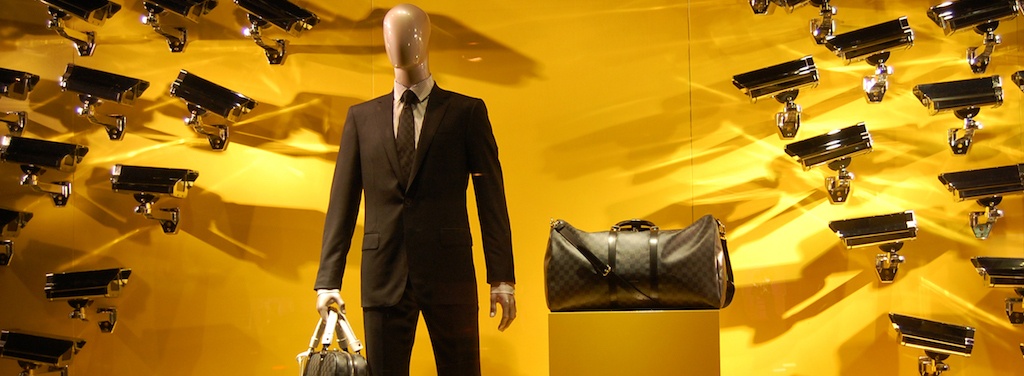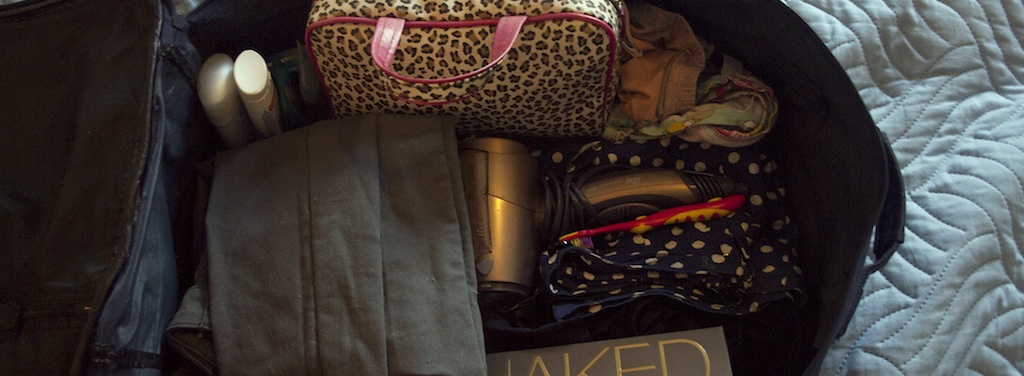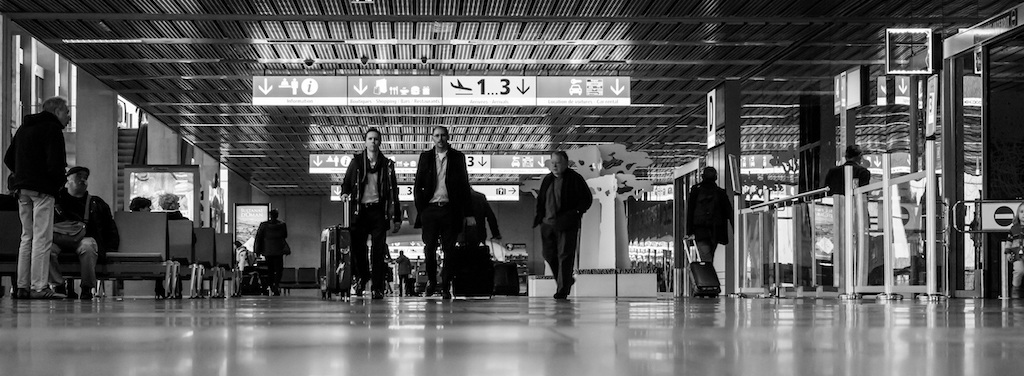
Checked Baggage vs Carry On—Which is the Best Travel Option?
At one point or other, if you travel regularly, you’re bound to have been faced with the conundrum of whether to check your bags or to carry on.
Do you prefer to pack light and skip paying checked bag fees? Alternatively, would you rather have the liberty of packing more travel items whilst avoiding the frustration of trying to stuff your bulky luggage into a cramped overhead bin?
As well as sourcing the right luggage, knowing your air passenger rights should also be an important part of your pre-travel checklist. At AirHelp, we make it our mission to educate air passengers about their rights. We also use our expertise to ensure you get the compensation you deserve. For instance, if your long-awaited trip is delayed, AirHelp does the legal legwork to make sure you get the Europe flight delay compensation you deserve.
After you’ve brushed up on your air passenger rights and compensation knowledge – it’s now time to turn to your luggage.
Fees, the risk of lost or damaged luggage and waiting time aside—deciding whether to check your bags or carry on boils down to your top priority when traveling. Is it comfort, time or money?
Whichever factor tips the scales will let you know how you’ll be traveling for your next trip.
If you require more information on carry-on luggage regulations to make your decision, our concise guide will nudge you in the right direction.
The Checked Baggage vs Carry-on Debate
What is Allowed in a Carry-on Bag?
How Big Can Your Carry-on Luggage Be?
How to Choose Your Carry-on Luggage
Is it Better to Check Your Bags or Carry-on—Yes or No?
The Checked Baggage vs Carry On Debate
The difference between checked bag and carry on are simple. A checked bag is the luggage that travels in the hold of the plane. It is often bigger and holds more items, including greater liquid limits.
So is a checked bag a suitcase? It can be, but other bulky items can be checked in too.
A carry on bag is a smaller cabin bag or airport bag that you take onto the plane with you. Depending on the airline, even a purse can be considered a carry on.
So if you are traveling, what's better?
Travel experts from Travel Made Simple are of the strong belief that traveling with carry-on luggage makes travel easier because “there’s no way the airline can lose your luggage if you haven’t checked anything”.
According to SITA, the air transport industry has cut down the number of wandering luggage by 50%. However, if you’ve had the misfortune of falling under the other 50%, you’ll know that lost or damaged baggage is a traveler’s nightmare.
We recently discussed the importance of knowing your luggage rights and the steps to take once you realize your baggage has been lost or delayed. Despite this, some travelers rather skip the risk altogether by opting for carry-on luggage.
Travel writer, Ali Garland is opposed to checked in luggage because she dislikes getting, “weighed down by heavy bags” and would rather avoid having to “deal with expensive checked bag fees.”
I’m of a different opinion. I’m prepared to pay checked bag fees for the pleasure of being able to forego the nightmare of trying to cram all my travel necessities in a small carry-on bag.
When it comes to choosing whether to check your bags or carry on, don’t feel like you have to come up with a perfect answer for all of your travels. Instead, just decide what makes the most sense for your next trip.
Ask Yourself the Following Questions:
Do you need extra room for souvenirs? Are you willing to ship them or do you want to have them on you on your way back?
Are you able to pack light for this trip? Or are the activities varied enough that you need more?
Do you like to have more with you when you travel? Or does the idea of carrying less make you feel freer?
If you attempt to pack light, will you end up spending more money acquiring what you need on the trip? Or can you pack light and still have all you need?
Do you prefer to spend the money for the convenience of packing light? Or will that bother you?
Are you okay with carrying all of your bags on the plane versus dropping them off at check-in?
What is a Carry-on Bag?
A carry- on bag is the type of luggage travelers are allowed to take into an airplane. On the other hand, checked baggage is transported in the cargo area of the plane.

Airplanes are designed with luggage compartment spaces to store carry-on luggage. The storage space is situated in overhead lockers or under seating.
Depending on which airline or country you fly from, carry-on bags are also labeled as hand baggage or cabin luggage.
What is Allowed in a Carry-on Bag?
Both sides of the checked baggage vs carry on debate are very compelling. However, before you make your final decision, it’s best to know what you can put in your carry-on bag.
To travel with confidence, we advise you to always check the rules and regulations of the airline you’re traveling with to be sure you’ve packed what is permitted on a plane.
Being frequent fliers ourselves, we’ve compiled a list of essential items that should always be in your carry-on luggage.
- Important travel documents (E.g. Passport)
- Money
- Items of monetary value (E.g. jewelry)
- Daily medications
- Electronics
- Toiletries (E.g. toothbrush and toothpaste)
Can you bring scissors in a checked bag? A lot of people wonder if they can bring sharp objects such as scissors and knives in a checked bag. Usually, this is no problem, especially if you bring an item such as a kitchen knife as a souvenir. However, there is a limit. It is always best to check with your airline what their policy on sharp objects are.
How about liquids? Can you pack liquids in checked bags? The answer is yes! Most drinks, including wine can easily be packed in your check in luggage. However, be careful of high proof alcohol, or corrosive liquids and chemicals, as these will be subject to screening or even outright banned due to the risk involved.
How Big Can Your Carry-on Luggage Be?
With regards to carry-on baggage size, the International Air Transport Association (IATA) provide guidelines that state:
“Cabin baggage should have a maximum length of 56 cm (22 inches), width of 45 cm (18 inches) and depth of 25 cm (10 inches) including all handles, side pockets, wheels etc.”
It’s important to note that these rules are not mandatory. There is no standardized ‘one-fits-all’ rule when it comes to carry-on luggage weight and size. Rather, individual airlines are entitled to change carry-on bag size requirements. Examples of factors that determine how big your carry-on luggage can be include booking class and the model of aircraft.
Consequently, to avoid being at the brunt end of carry-on luggage restrictions at the airport, read your airline’s regulations carefully before you pack your carry-on bag.
How heavy can checked bags be? It depends on what you paid for, but 32kg is standard.
How to Choose Your Carry-On Luggage
So you’ve followed our advice and read your airlines’ carry-on baggage restrictions, now it’s time for the fun part. You are now ready to select a practical and stylish carry-on bag.
If you want to get the perfect visual on what a carry-on bag is and the different styles available to suit your travel needs and personal taste—our definitive list of carry-on brands will see you through.
From the most affordable to the carry-on bag that will make heads turn at the airport—we give you the essential information you need that will make it easier for you to choose the perfect carry on luggage for your next trip.
Is it Better to Check Your Bags or Carry On—Yes or No?
In a nutshell, it depends.
Interestingly enough, Airlines for America conducted a survey that showed that in recent years, despite increased baggage checking fees, more travelers were choosing to check in their bags.
In addition, the whole idea of carrying on your luggage to save money may be going by the wayside as airlines encourage travelers to check their bags instead. And if you pay for priority boarding so you can get on the plane early enough to keep your bags close, then you’ve just exchanged one fee for another. For a quick analysis, consider this:
- If you really want to save money, then you should carry on your bags. (Just make sure you check your airline’s policy to ensure they don’t charge a fee for this.)
- If you really want to save time, then you should pay for priority boarding and carry on your bags.
- If you really want to maximize comfort, then you should check your bags but make sure your carry on has all the conveniences you want for the flight.
Where do you stand in the checked baggage or carry on debate? Are you a light packer or do you like to pack everything but the kitchen sink?
Also, what do you tend to pack in your carry-on luggage?
Do share your packing preferences with us!
Flight delays happen, but that doesn’t mean you have to accept them. You may be entitled to as much as $700 in compensation if your flight has been delayed, canceled or overbooked within the last three years.
85% of passengers don't know their rights. Don't be one of them.
AirHelp has been featured in:





